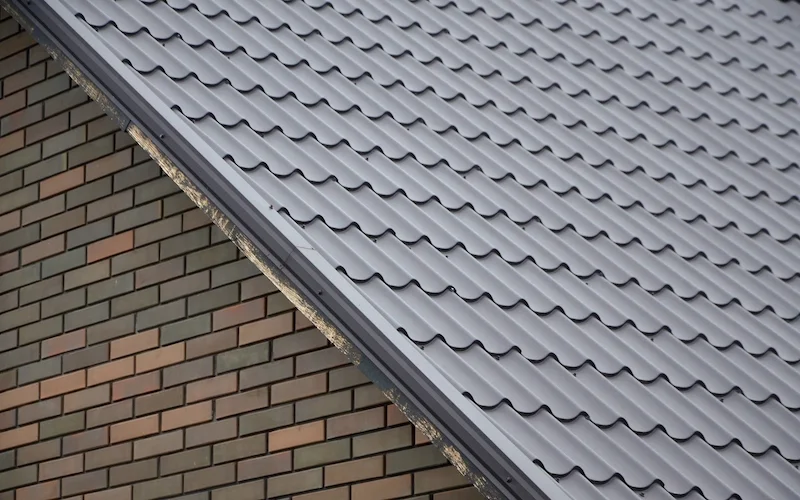Factors to Consider Before Filing For Bankruptcy
Financially, you've reached the end of the line. Selling off possessions, credit counseling, and debt consolidation have all failed to alleviate your financial woes. After much consideration, you've concluded that bankruptcy is your best option. What do you do next?
Determine which form of bankruptcy to petition as one of your subsequent actions. You may file Chapter 7 or Chapter 13 bankruptcies, the two formats available. Simply put, one involves a complete discharge of your debts, while the other requires a payment plan to pay back at least a portion of what you owe.
This article will discuss the differences between these two types of bankruptcies and when to choose one over the other. So, anyone who's interested, keep reading.
Chapter 7 Of BankruptcyChapter 7 bankruptcy is termed liquidation because it includes liquidating assets to cover creditors. The debtor's eligible assets are transferred to a trustee.
Some of your assets may be exempt from being liquidated if you meet the requirements of the federal exemption rules and the state in which you reside. These assets may include real estate as well as personal belongings. According to the United States Courts, an individual debtor can choose between the federal package of exemptions and those available under their own state's legislation.
The remaining dischargeable debt is allocated to creditors once the non-exempt assets have been distributed to them, so the debtor is no longer obligated to repay it. Once a debt has been legally discharged, creditors are no longer permitted to attempt to collect it.
However, some debts cannot be forgiven. Among them are the majority of taxes, school loans, child support, court fines, alimony, and expenses incurred due to intoxicated or drugged driving.
Chapter 13 Of BankruptcyChapter 13 deals with restructuring and remittance. An individual debtor will participate in a payment plan lasting between three and five years, during which they will make partial payments to their creditors. However, you must have a regular source of income to qualify.
Chapter 13 often allows you to retain your property. According to the United States federal courts, a Chapter 13 bankruptcy can help keep your property from foreclosure.
The trustee's function under Chapter 13 is to act as an objective third party, collect payments from the debtor, and disperse those payments among the creditors. Other debts that remain, including credit card debt, are discharged.
What's Your Priority?There is no one-size-fits-all solution. What may benefit one person may be a detriment to another. Before applying for either of these Chapters, here are a few things to keep in mind.
When you file for Chapter 13 bankruptcy, one of the advantages is that you can keep your property. On the other hand, Chapter 7 demands you to sell most of your possessions. However, if you fulfill specific income standards, you may be able to keep your home from being liquidated.
Keeping Your CarUnder Chapter 7, if you owe money on a car loan, you must either establish that you can carry on making payments and sign a new deal, or you may pay the retail value of the car in a lump sum to discharge the debt. Under Chapter 13, the debt is aggregated with other obligations and paid over an extended period.
Limiting Creditors' CallsBoth Chapter 7 and Chapter 13 bankruptcy filings shield you from debt collectors and creditors. For the duration of the repayment plan, you are safe from creditors' collection efforts.
Protection Of Co-DebtorsAs a co-signer on a debt you have not paid, creditors may demand recovery from you under Chapter 7, while the Chapter 13 payment plan prevents your co-debtors from contacting the creditors too.
Time Spent On BankruptcyThis process can be finished within three to five months of filing for bankruptcy under Chapter 7. Restructuring under Chapter 13 is more time-consuming, almost around three to five years in duration.
Bankruptcy Proceedings' CostYou'll have to pay the filing, administrative expenses, and attorney's fees when filing for bankruptcy. Consolidated debt repayment plans under Chapter 13 reorganizations include all costs.
Rebuilding Your CreditNo one can argue that bankruptcy harms your credit score. Credit reports can show a Chapter 13 filing for up to seven years. Chapter 7 bankruptcy can remain on your credit report for up to ten years after you file for it.
Paying Your DebtSome obligations cannot be erased or forgiven in a bankruptcy proceeding under Chapter 7 or 13. Mortgages, car loans, and student loans all fall under this umbrella. Chapter 7 lets you get rid of most of your debt by selling assets, but it also means the debtor has to sell those assets to pay off creditors who still owe money. Pay your priority debts in full before nonpriority unsecured obligations are erased in a Chapter 13 bankruptcy.
ConclusionYour specific financial condition and long-term aspirations will determine the type of bankruptcy suitable for you. Ensure that your debts may be dealt with through bankruptcy and that you can take advantage of the new beginning that bankruptcy provides. You don't want to get stuck in an unfortunate financial state for the rest of your life. With that in mind, a bankruptcy lawyer can help you decide whether to file for Chapter 7 or Chapter 13 bankruptcy.




